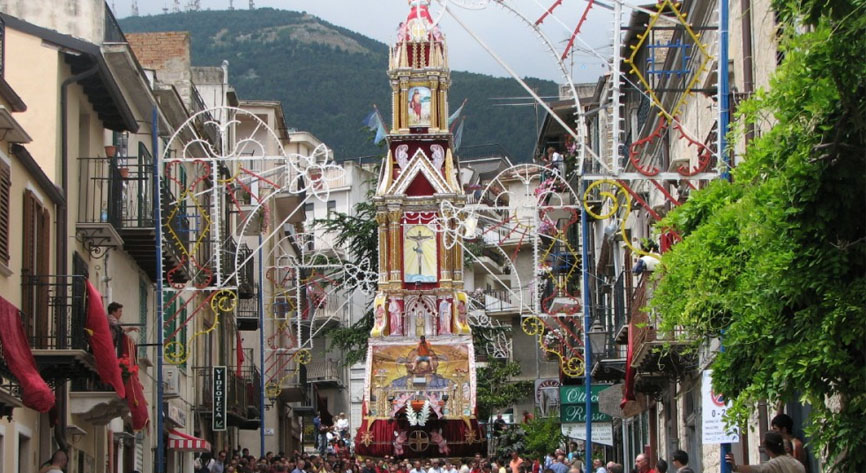It’s official! Agrigento is going to be the Italian Capital of Culture in 2025: it was the Secretary of State for Culture Gennaro Sangiuliano that stated so on March 31th during the ceremony in Sala Spadolini in Rome. The mayor of Agrigento Franco Miccichè welcomed the news, saying he was ‘thrilled and proud!’ for the prestigious achievement of his city, which was competing for the title against nine other finalist cities: Aosta, Assisi (Perugia), Asti, Bagnoregio (Viterbo), Monte Sant’Angelo (Foggia), Orvieto (Terni), Pescina (L’Aquila), Roccasecca (Frosinone) and Spoleto (Perugia).
The ceremony was attended by all representatives of the 10 finalist cities, as well as the mayors of the current Capitals of Culture, Bergamo and Brescia, the mayor of Pesaro, Capital of 2024, and also representatives of the two European Capitals of Culture 2025: Nova Gorica and Gorizia.
Agrigento, the winner, will benefit from a state contribution of one million euro that will support the management of territorial tourism for a whole year, in order to stimulate cultural development and showcase its artistic jewels. In fact, the overall objective of the initiative is to support and enhance the planning and implementation capacity of Italian cities in the field of culture.
“Agrigento chose as the focus of its application dossier the relationship between the individual, neighbour and nature, involving the island of Lampedusa and the towns within the province, and placing the theme of reception and mobility at the heart of it. The project responds in an organic manner to the objective of presenting a programme of great interest to a vast public at a territorial level, but also nationally and internationally”. This was the motivation behind Minister Sangiuliano’s proclamation of Agrigento as Capital of Culture 2025.
The mayor Franco Miccichè described the proclamation as an act of great courage for the entire Agrigento community, adding: ‘I am proud of this recognition, it will give us a great chance for future development, also for the economy of the territory itself. Not just Agrigento and Sicily have won today, Italy has won. Because in this historical, political moment in which we find ourselves, to have chosen and promoted this dossier, whose project focuses on cultural exchange between peoples and the different ethnic groups of the Mediterranean, was a great act of courage and sensitivity on the part of the jury and all the institutions’. Finally, he also addressed a thought of encouragement and solidarity to the mayors of the other nine finalist cities: “Let us not leave today and go home, let us instead try to create that tourist network from Aosta to Agrigento, all united by being Italian”.



